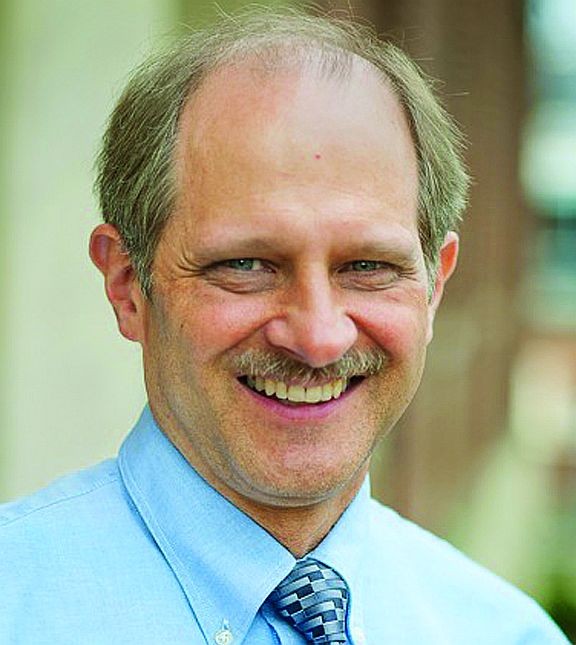Heinemann honored by national engineering society
![]()
August 23, 2013

The society recognized him "for his outstanding contributions in teaching, advising and administration, and for research in specialty crop production efficiency."
Heinemann, who also serves as head of the Department of Agricultural and Biological Engineering, was one of 13 individuals inducted as ASABE Fellows during the society's recent 2013 annual meeting in Kansas City, Mo. He noted that four of those 13 honorees are graduates of the Penn State department he oversees.
To be considered for the grade of ASABE fellow, an individual must demonstrate unusual professional distinction, with outstanding qualifications and experience in the field of agricultural engineering. Twenty years of membership in the society also is required. Only about 2 percent of the active members of the organization have achieved the grade of fellow.
An accomplished researcher, Heinemann's recent studies have focused on the automation of specialty crop production systems. He also has conducted research on food-production mechanization, produce characterization, food processing and odors from mushroom substrate and other food products and byproducts. Over the last 15 years, his projects have attracted more than $3 million in grant funding.
Heinemann received his bachelor's degree in meteorology and his master's degree in agricultural engineering from Penn State, and his doctorate in agricultural meteorology, with a focus in agricultural engineering, from the University of Florida.
Since joining the Penn State faculty in 1988, Heinemann has taught several undergraduate and graduate courses and has earned numerous awards for excellence in teaching and advising.
The American Society of Agricultural and Biological Engineers is an international scientific and educational organization dedicated to the advancement of engineering applicable to agricultural, food and biological systems. Its members, from more than 100 countries, are consultants, managers, researchers and others who have the training and experience to understand the interrelationships between technology and living systems.
